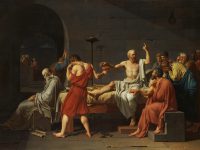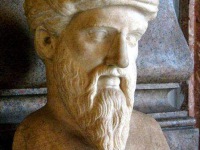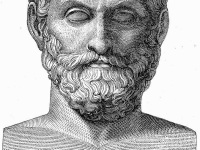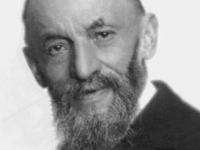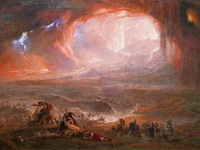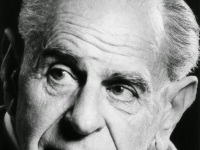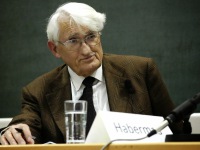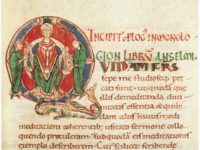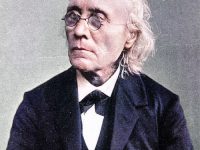Socrates – Enigmatic Founding Figure of Western Philosophy
Socrates was a classical Greek (Athenian) philosopher credited as one of the founders of Western philosophy. He remains an enigmatic figure in philosophy, because he did not leave us a single line of text. He is known chiefly through the accounts of later classical writers, especially the writings of his students Plato and Xenophon. Nevertheless, you might consider his importance in the fact that all Greek philosophers are categorized in philosophers before…
Read more

